Business Success in ASEAN – Why Cultural Awareness is Crucial
The ten nations of ASEAN are growing in economic power, and their markets represent a major opportunity for UK businesses, especially in our uncertain post-Brexit world. However, whilst it is a routine – if not necessarily easy – process, to work out the value of your products or services to the people of South East Asia, getting that message across is a far more complicated matter.
ASEAN countries may be close to each other on the map (although flying from, say, Manila to Jakarta is hardly a quick hop), but culturally they are very different, and there is a great deal of potential for unwary foreign business people to trip up. For a start, there are three major religions which shape the cultures of the region – Islam in Indonesia, Malaysia, Brunei and the Southern Philippines; Buddhism in Thailand and Myanmar; and Christianity in the former French areas of influence of Vietnam, Laos and Cambodia, as well as in the majority of the Philippines. Singapore stands slightly apart in terms of the importance of religion in the daily lives of its people, but all religions are represented on the island, including Sikhism and Hinduism. It is vital to ensure that you are aware of the impact that these different faiths will have on your business dealings within the region.
Politics is another matter. In many parts of the region, religion and politics are closely linked, but in others they are carefully separated. The best advice is to steer clear of political discussions as much as possible.
Throughout the ASEAN region, you will find that people are less individualistic, and more likely to think in group terms, than we are in Western Europe and North America. Never talk up your own skills at the expense of others, and always be proud of your Company.
Alongside this tendency to identify with a group, comes a strong sense of hierarchy. Respect is given to people of a higher rank in a Company, and in wider aspects of society, simply because of their position. People are often referred to by title, rather than by name, so the title on your business card sends a powerful message. This respect for rank is something that visiting Westerners need to take note of, even though it is not the same across the whole region, being much more marked in Malaysia than in the Philippines, for example.
In general, you will find that family takes a very important place in the daily lives of the people you will be working with. Whilst we, in the West, try to battle with the work/life balance, with work winning out rather more often than it should, in Southeast Asia you will find that family events take precedence over work requirements, in a way that will seem surprising to the visitor. This sense of family is very strong, and the word itself does not just define the immediate nuclear family of husband, wife and children, but takes in cousins, uncles, aunts and so on. The ‘head of the family’ might be somebody’s great-uncle, an old man who many members of the family hardly know, but his role and influence in their lives can still be powerful.
Hierarchy, group identity, and respect for age and rank are common themes throughout the region, and these traits tend to create tight knit societies which can be hard to break into. Networking and getting to make friends of the individuals in the Companies you deal with, is important. This all takes time, of course, so patience and persistence are other qualities that are extremely useful in creating business opportunities in the region.
A final thought – practically all of the countries of ASEAN were for several hundred years, until only about 60 years ago, colonies of European powers, mainly British, French, Spanish or Dutch. This experience means firstly that there is an intense pride in their independence as nations, but also that there is a degree of shared cultural experience with Europeans that is very useful in building bridges of understanding. The superior Westerner is not appreciated. The person who adapts their business to the local cultural needs and habits, will prosper.
Written by JR, a Senior Consultant at Farnham Castle Intercultural Training.
Learn more about our cultural training here and contact us for information about how we can help you.

